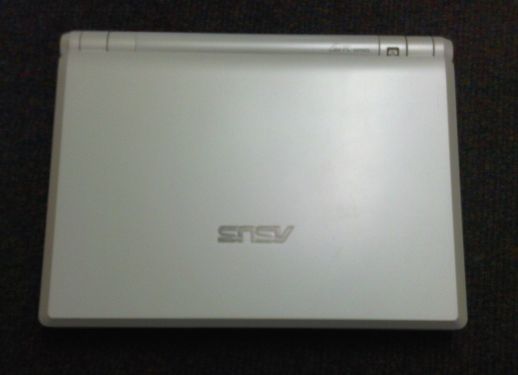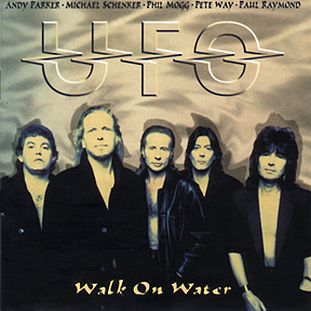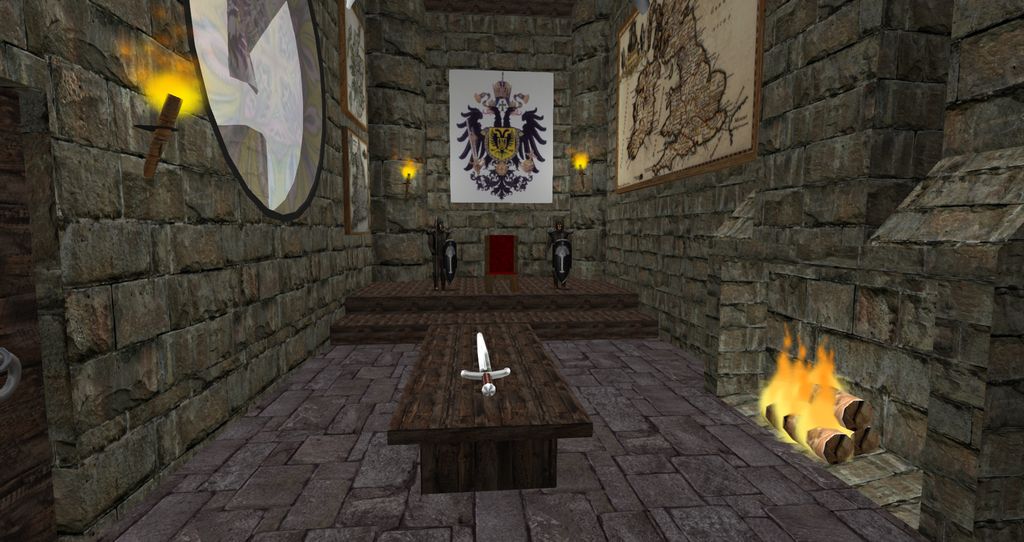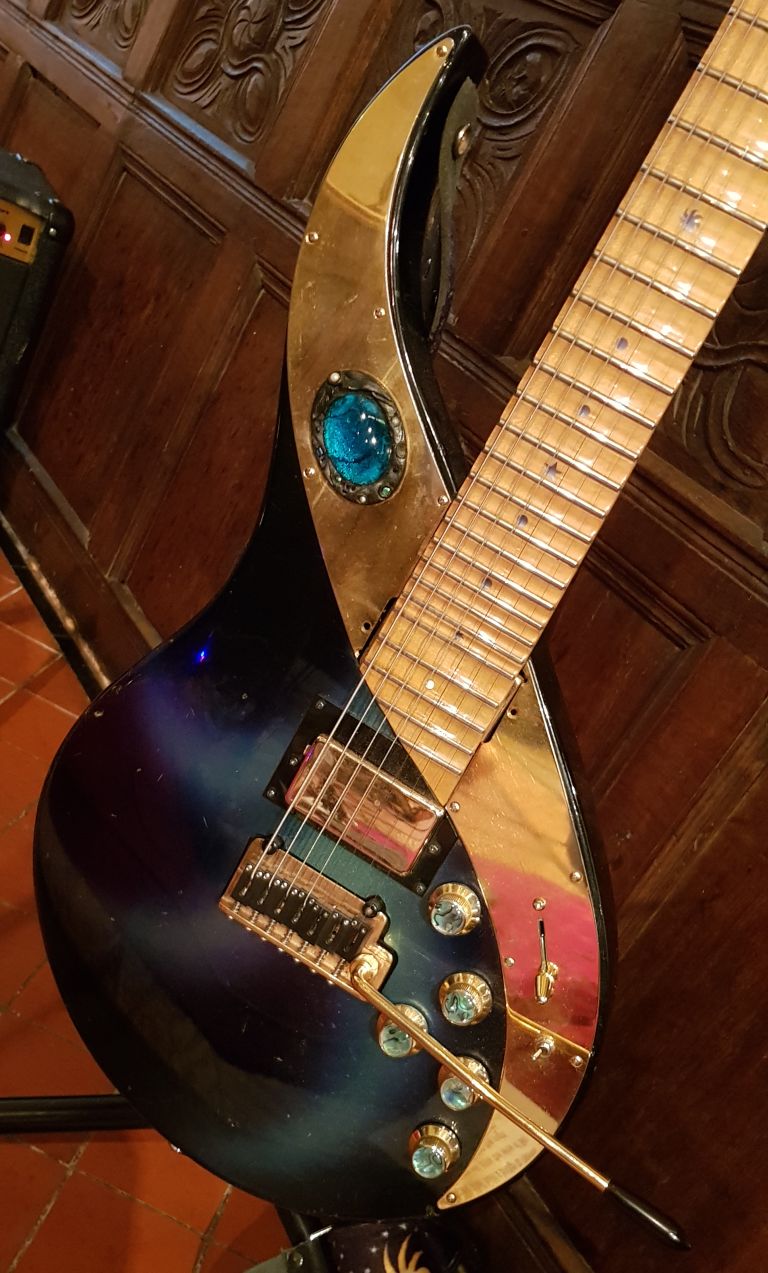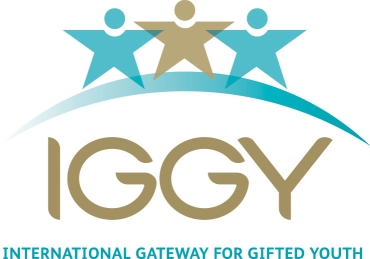
A quick series of comments, not designed to be a throrough summary of my experiences but more to reflect on the event.
From the 15th to the 28th August 2010 the IGGY Summer U was held in Gaborone, Botswana, hosted by BACS (Botswana Accountancy College), and once again I was fortunate enough to be running a Mathematics course, a revised version of the “Mathematics Through the Eyes of an Ant” course which has been successfully run at previous IGGY Summer Schools. This summer school was also a nice complement to the “Warwick in Africa” programme which is going from strength to strength in its own right. In the country itself the enthusiasm for education amongst both government officials and students was infectious, this is backed up by Botswana spending approximately 10% of it’s GDP on education (I’m told) which places it near the top of the World league tables for this category. The impression I got from the 3 weeks I spent there was of a country with ambition, prepared to invest in the younger generation and a sign of what was possible in Africa with a stable political situation and a good attitude. With any luck this won’t be the last IGGY Summer School in Africa and this experience can be built on.
The Course
This was the latest incarnation of a course that has been gradually evolving over the past few years and so contained both material that was tried and tested, along with some other topics which have been developing. As always the main aim is to introduce concepts and ideas that are usually first encountered at University level, but using the mathematical knowledge that the students already possess (enrichment and extension as opposed to acceleration). The theme throughout the two weeks was maths that can be applied to ants in some way, although it must be admitted that some of the links are extremely tenuous! A secondary theme was to introduce ideas that were often counter-intuitive. Topics included:
- BASIC programming (which allowed us to use computers to simulate and explore several aspects of the course, as well as being a fun topic in its own right).
- The maths of interacting populations (essentially coupled nonlinear difference equations, using the programming above to find long-term behaviour).
- As part of this modelling an investigation of bifurcations, chaos and catastrophes (including a Zeeman Catastrophe Machine fashioned out of an old desk top)
- Game Theory (leading to a discussion of the evolution of survival strategies).
- Mazes and networks (how does an ant find its way around a maze, ant’s nests are mazes).
- Animal gaits (patterns of leg movements in locomotion, leading to an investigation of how insects walk).
- Fractals
As always the sessions included lots of hands-on work, interactive sesssions both in and out of the classroom, and group discussions.
The Summer U
As with the previous IGGY summer schools held abroad (Singapore in December 2008), running a course away from your usual workplace has its disadvantages, not least that you can’t just pop back to your office to fetch something to run an ad-hoc session. By its very nature, working with gifted students on new ideas and concepts always has to be done with a certain amount of “making it up as you go along” as the material is questioned and analysed in ways you can’t always anticipate and so sometimes leading off in a totally different direction. Although this becomes more difficult without the comfort of having the neccessary material to hand, it is one of the reasons why these summer schools are so stimulating for both learners and teachers alike.
Background: Dave has been running maths events for Gifted and Talented teenagers for approximately 10 years, initially through the auspices of the National Academy for Gifted and Talented Youth (NAGTY) which was based at Warwick University, and more recently primarily through the University’s IGGY programme (the International Gateway for Gifted Youth). This has included courses at eleven 2/3 week residential summer schools at Warwick, Singapore and Botswana, 3 instances of a major blended learning project based on interacting animal populations (Gaia Island project) and various one day workshops (including a day on “How Aliens Move” collaborating with Ian Stewart). He has more often than not received exemplary support from a number of talented practitioners.






